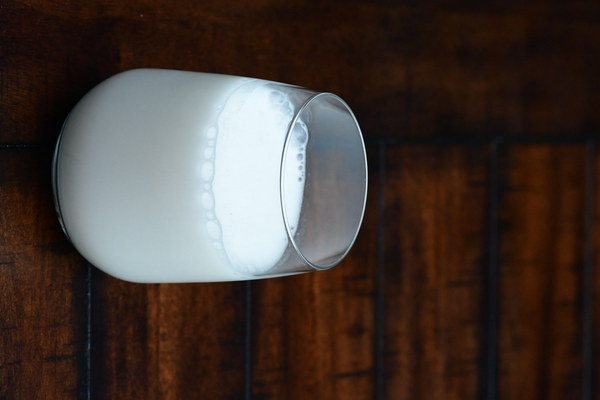Revitalizing Liver Health An In-Depth Look at Western Medications for Liver Protection
In the fast-paced world we live in, our liver often bears the brunt of our unhealthy lifestyle choices. From excessive alcohol consumption to poor diet, the liver is a vital organ that requires our utmost care and attention. Western medications for liver protection have been developed to help alleviate liver damage and promote overall liver health. This article delves into the world of these medications, exploring their benefits, usage, and potential side effects.
The liver is a complex organ responsible for numerous metabolic processes, including detoxification, protein synthesis, and blood clotting. Unfortunately, due to the increasing prevalence of liver diseases, such as hepatitis and fatty liver disease, the demand for effective liver protection medications has surged. Western medications for liver protection come in various forms, including oral tablets, injections, and intravenous solutions. Here's an overview of some commonly used Western medications for liver protection.
1. Ursodeoxycholic Acid (UDCA)
UDCA is a bile acid that has been widely studied for its hepatoprotective properties. It is commonly used in the treatment of primary biliary cholangitis (PBC) and primary sclerosing cholangitis (PSC). By reducing inflammation and scarring in the bile ducts, UDCA helps to preserve liver function and improve patient outcomes.
1.1 Benefits of UDCA
- Inhibits the formation of fibrosis (scarring) in the liver
- Reduces inflammation in the bile ducts
- Improves liver function tests
- Enhances the efficacy of other medications
1.2 Usage of UDCA

UDCA is available in oral tablet form and is taken once daily. The dosage may vary depending on the severity of the liver disease, but it typically ranges from 13 to 15 mg/kg body weight per day.
1.3 Side Effects of UDCA
Common side effects of UDCA include gastrointestinal disturbances, such as nausea, diarrhea, and abdominal pain. However, these side effects are usually mild and can be managed with appropriate adjustments to the dosage or by switching to an alternative medication.
2. Silymarin
Silymarin is a compound extracted from the milk thistle plant (Silybum marianum) and is widely used as a natural liver protection agent. It has been shown to have antioxidant and anti-inflammatory properties, making it an effective treatment for various liver conditions.
2.1 Benefits of Silymarin
- Protects liver cells from toxins and oxidative stress
- Enhances the regeneration of liver cells
- Improves liver function tests
- Helps to reduce inflammation in the liver
2.2 Usage of Silymarin
Silymarin is available in oral tablet and capsule form. The dosage typically ranges from 140 to 210 mg three times a day. However, the exact dosage may vary depending on the specific liver condition being treated.
2.3 Side Effects of Silymarin
Silymarin is generally well-tolerated, with rare reports of gastrointestinal disturbances and allergic reactions. It is also considered safe for long-term use.
3. Metformin
Metformin is an oral antidiabetic medication that has been found to have potential liver-protective properties. It is often prescribed in combination with other treatments for non-alcoholic fatty liver disease (NAFLD) and type 2 diabetes.
3.1 Benefits of Metformin
- Reduces insulin resistance and fat accumulation in the liver
- Improves liver function tests
- Helps to reduce inflammation in the liver
3.2 Usage of Metformin
Metformin is available in oral tablet form and is taken once or twice daily, depending on the dosage prescribed. The dosage may vary based on the patient's weight and the severity of their liver disease.
3.3 Side Effects of Metformin
Common side effects of metformin include gastrointestinal disturbances, such as nausea, diarrhea, and abdominal discomfort. These side effects are usually mild and can be managed by starting with a lower dosage or by taking the medication with meals.
In conclusion, Western medications for liver protection offer a range of options to help manage and improve liver health. While these medications have proven to be effective for many patients, it is essential to consult with a healthcare professional to determine the most suitable treatment plan for your specific needs. Additionally, maintaining a healthy lifestyle, including a balanced diet, regular exercise, and avoiding excessive alcohol consumption, is crucial for optimal liver health.









